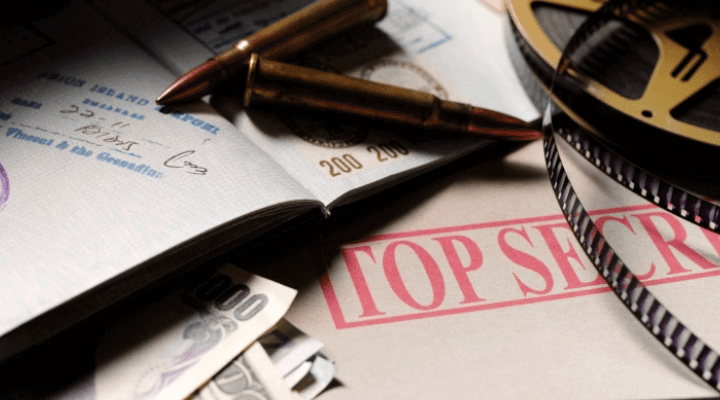Members of Congress recently discussed how the Secret Service wasn’t compensated millions of dollars of overtime pay during the past election season, and how to grant the pay retroactively.
About a third of the Secret Service agents used to protect Donald Trump and Hillary Clinton during the election season weren’t paid for overtime, since their salaries are capped at at $160,300. Some secret service agents were shorted up to $40,000 in overtime pay said Patrick O’Carroll, executive director of the Federal Law Enforcement Association, at a House Oversight and Government Reform Committee
“The pace has been terrible and I can’t even remember last when I’ve been in the office for two days in a row,” said an anonymous secret service agent from Chicago, who says he exceeded his pay cap by nearly $25,000. “Thankfully I’m not married, but if I was, would probably be divorced by now.”
The House Oversight Committee will consider a measure on Wednesday that will allocate $22 million for retroactive overtime pay for the secret service. However, this was cited as a short term solution. Members from both political parties agreed more staffing is needed.
The Department of Homeland Security Inspector General said the Secret Service was short about 1,300 employees. The reason for the shortage is a lack of funding and cuts required by the 2011 Budget Control Act, Democrats on the panel said. Some Republicans cited mismanagement and a burdensome investigative mission that should be outsourced elsewhere, according to Government Executive.
Meanwhile, the Secret Service’s chief strategy office, Tom Dougherty, said the agency hired more than 300 special agents in fiscal 2016 and plans to hire more than 1,600 total employees in fiscal years 2016 and 2017. He said the agency is doing everything it can to expedite hiring and has addressed complaints over mandatory relocation of employees.
Ranking member Elijah Cummings, D-Md, said that since the overtime issue is likely to reoccur every election year, he will introduce a bill that would eliminate pay caps for Secret Service agents during election seasons. Another suggestion was made at the committee was to grant the Secret Service director the authority to waive the pay cap when necessary.
Things may get more complicated in the coming months, as the Secret Service and the NYPD figure out how to secure Trump Tower, the President-elect’s home. A police source said the Secret Service wants to keep traffic off the busy Fifth Ave. whenever Trump is in town. Yet the NYPD said shutting down a portion of the city’s major avenues “can’t happen”.
Trump Tower has been an area of protests since Trump was elected president, yet providing adequate protection has been challenging and expensive. It currently costs $2 million a day to secure Trump Tower.



